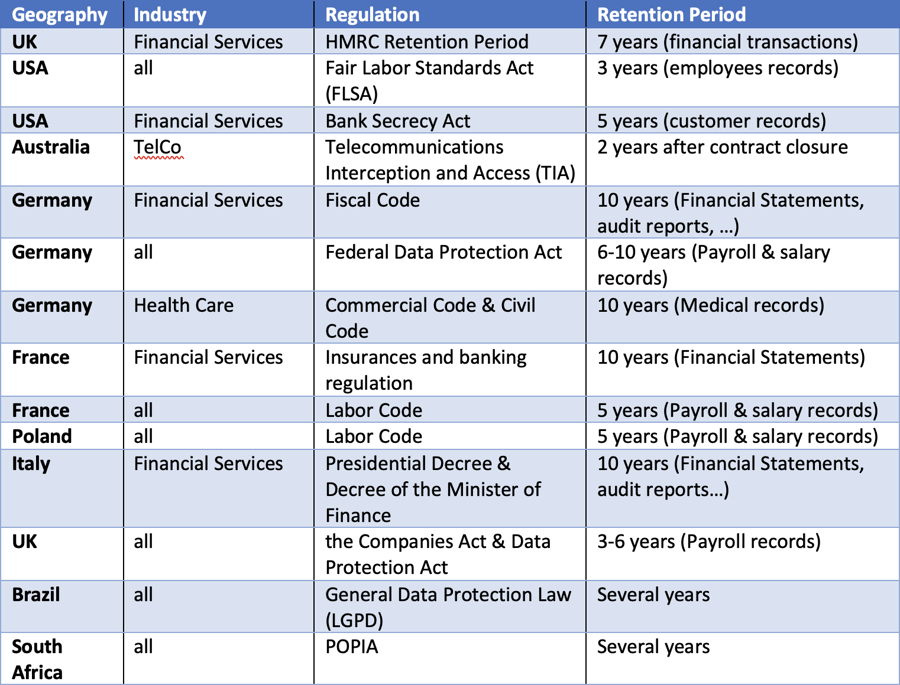For decades, Mainframe shops have been facing a dilemma when it comes to data storage: the need for security and accessibility of data, weighed down by the cost of storing the data. Balancing the financial aspect with business requirements is often a challenge for storage administrators.
When we further analyze this issue, we see that about one-half of the data traditionally stored in the Mainframe is kept for regulatory purposes only. For instance, banks in the UK have a mandate to keep about 7 years of data backed up for their financial transactions. While recent backups need to be kept at hand, in case of a disaster recovery scenario, the vast majority of the older backups are only kept for regulatory purposes, typically on physical tape or virtual tape.
It is estimated that a terabyte (TB) of on-premise mainframe data storage costs roughly $1400, according to the 2019 Storage Analysis from Gartner. With the rise of inexpensive public cloud storage, some Mainframe shops are attracted by the cost-savings (average of $1 per TB). However, the need for high security of sensitive mainframe data is typically a roadblock to such a solution.
A recent z/OS capability, pervasive encryption, is part of the solution. As the data is encrypted on z/OS, and the key is secured on the mainframe, the encrypted data can be securely moved to a public cloud storage solution, since it can only be decrypted by retrieving it back to a z/OS system using the proper key.
Broadcom CA 1™ Flexible Storage™ is a modern storage management solution that provides secure and cost-effective mainframe data storage options for hybrid cloud environments. This software-only solution requires no additional infrastructure, saves on costs, and maintains confidence in data security. IT storage professionals can now expand their storage strategies to include cloud options that reduce storage costs to a fraction of traditional on-premise storage.
This solution supports existing CA 1 policy-based automation. Data is compressed and encrypted on the mainframe, using quantum-safe algorithms for file-level data encryption, which means backups are immutable (cannot be altered).
Storing business data in the cloud is an efficient solution to optimize storage costs. That said, not all data is suitable for the cloud. Consider the following:
Mainframe shops most commonly use Db2 for z/OS to store a large amount of business critical data, and perform regular backups in case of a disaster recovery scenario. While most recent backups need to remain on premise in the unlikely event of a disaster, older Db2 backups are often subject to regulations that mandate keeping them for long periods of time – and thus are prime candidates for the cloud.

Broadcom’s Quick Copy technology, part of Broadcom Db2 Utilities Suite, in combination with CA 1 Flexible Storage, enables teams to push Db2 backups to a cloud option, unlocking cost savings, often with relatively small effort.
Read more about CA 1™ Flexible Storage™, and Broadcom’s Quick Copy technology at:
If you'd like to discuss this topic further, please contact Mark.Warren@Broadcom.com and Denis.Tronin@Broadcom.com.
 Copyright © 2005-2025 Broadcom. All Rights Reserved. The term “Broadcom” refers to Broadcom Inc. and/or its subsidiaries.
Copyright © 2005-2025 Broadcom. All Rights Reserved. The term “Broadcom” refers to Broadcom Inc. and/or its subsidiaries.
Comments